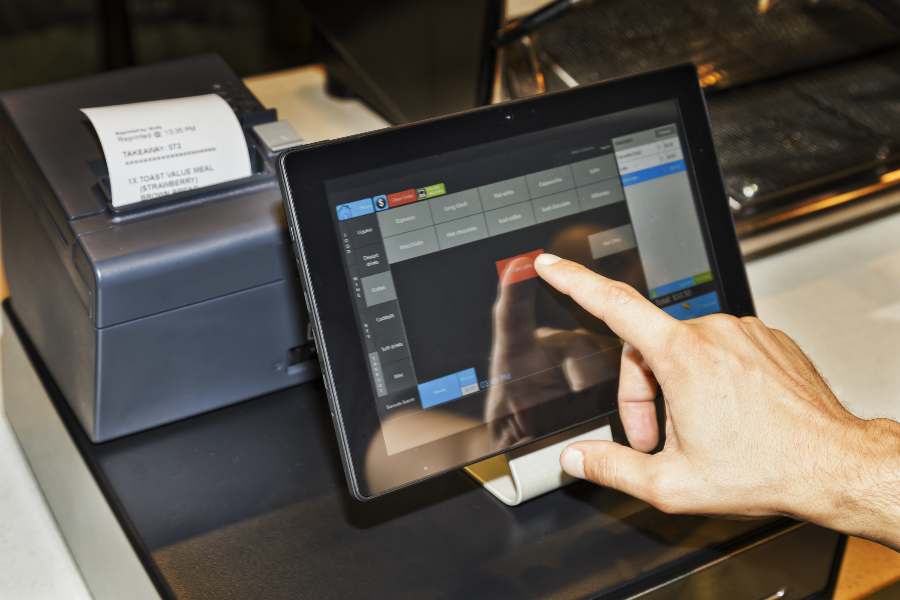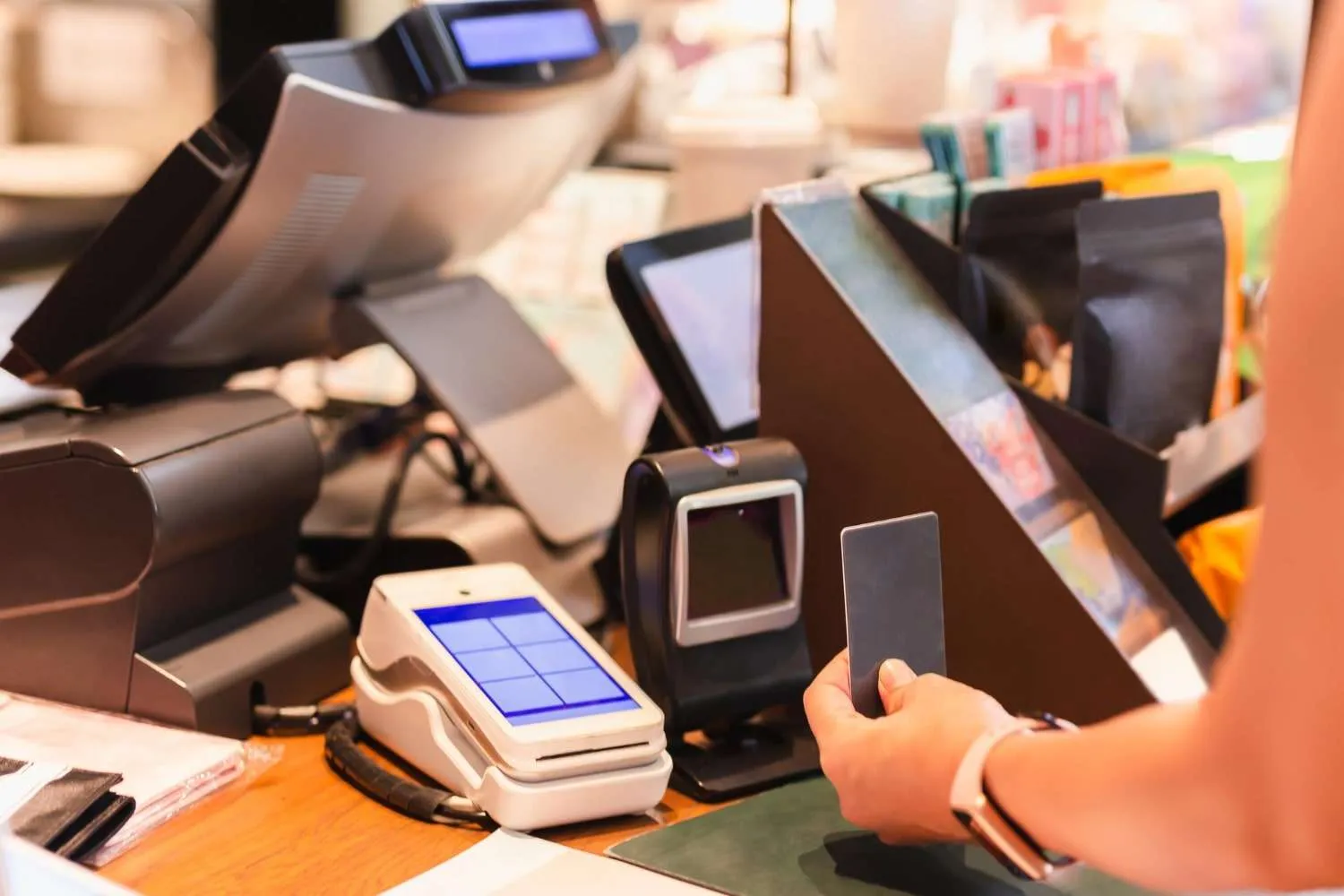Why Businesses Prefer POS Over Manual Billing Today

In today’s fast-moving business world, accuracy, speed, and organization matter more than ever. Customers expect smooth service, fast billing, and error-free transactions—no matter the size or type of business. For this reason, companies worldwide are shifting from manual billing systems to modern POS (Point of Sale) solutions. What used to be a simple cash register has evolved into a powerful, all-in-one business management tool. The benefits are clear, and businesses are choosing POS systems because they offer convenience, reliability, and a smarter way of running daily operations.
One of the biggest reasons businesses prefer POS over manual billing is accuracy. Manual billing leaves unnecessary room for human errors—wrong calculations, incorrect prices, or missed items. These mistakes might seem small, but they accumulate over time and affect profits, customer trust, and inventory accuracy. A POS system eliminates this risk by automatically calculating totals, taxes, discounts, and payment balances. Everything is processed digitally, ensuring every bill is correct from the start.
Another major advantage is speed. With manual systems, employees write bills by hand or use basic calculators, which can slow down service, especially during busy hours. A POS system speeds up the entire process. Items are scanned or selected instantly, and receipts are generated in seconds. For businesses like retail stores, cafés, restaurants, or supermarkets, faster billing means shorter queues, happier customers, and more efficient staff performance.
POS systems also provide real-time inventory tracking, something manual billing simply cannot offer. Every sale made is instantly recorded and automatically deducted from stock levels. This prevents issues like overselling, stock shortages, or miscounted items. Businesses no longer have to rely on guesswork or spend hours doing manual stock checks. The POS keeps everything updated, helping owners make smarter restocking decisions and maintain a well-organized store.
Another key reason businesses switch to POS is the professional and organized customer experience it creates. Printed or digital receipts look clean, readable, and trustworthy—far more appealing than handwritten bills. Customers can clearly see product names, prices, discounts, loyalty points, and total amounts. This builds confidence and encourages repeat visits, especially in industries where customer impressions matter.
A POS system also supports multiple payment options, including cash, card, QR codes, digital wallets, and even online payments. With manual billing, integrating multiple payment methods is inconvenient and sometimes confusing. A POS system, however, syncs all payment methods into one place, making the checkout process smoother for both customers and staff.
Businesses also prefer POS because of advanced reporting and insights. Instead of relying on paper bills or manual records, owners can access real-time sales reports, best-selling product lists, profit summaries, staff performance data, and daily business insights. These reports help guide better decisions and long-term planning. Manual billing simply cannot provide this level of detailed information without hours of paperwork.
Another major advantage is security. POS systems track every transaction, reduce cash-handling risks, and help prevent fraud or billing manipulation. User permissions ensure that only authorized staff can make sensitive changes like refunds, discounts, or price adjustments. This protects both the business and its revenue.
Additionally, POS systems offer faster staff training. Learning manual billing methods or memorizing calculations can take time. A POS, on the other hand, is intuitive and easy to use. New employees can quickly learn the system, reducing training costs and improving productivity from day one.
Finally, modern businesses choose POS because it helps them scale easily. Whether adding new branches, expanding product lines, or increasing customer volume, a POS system grows with the business. Everything can be managed centrally, reducing confusion and maintaining consistency across locations.
In today’s competitive market, manual billing simply can’t keep up. A modern POS system delivers speed, accuracy, reliability, and smarter business management. It improves customer experience, streamlines daily tasks, and gives business owners clear control over their operations. It’s no surprise that businesses everywhere are making the switch—because a POS system isn’t just a tool; it’s an essential part of running a successful modern business.






